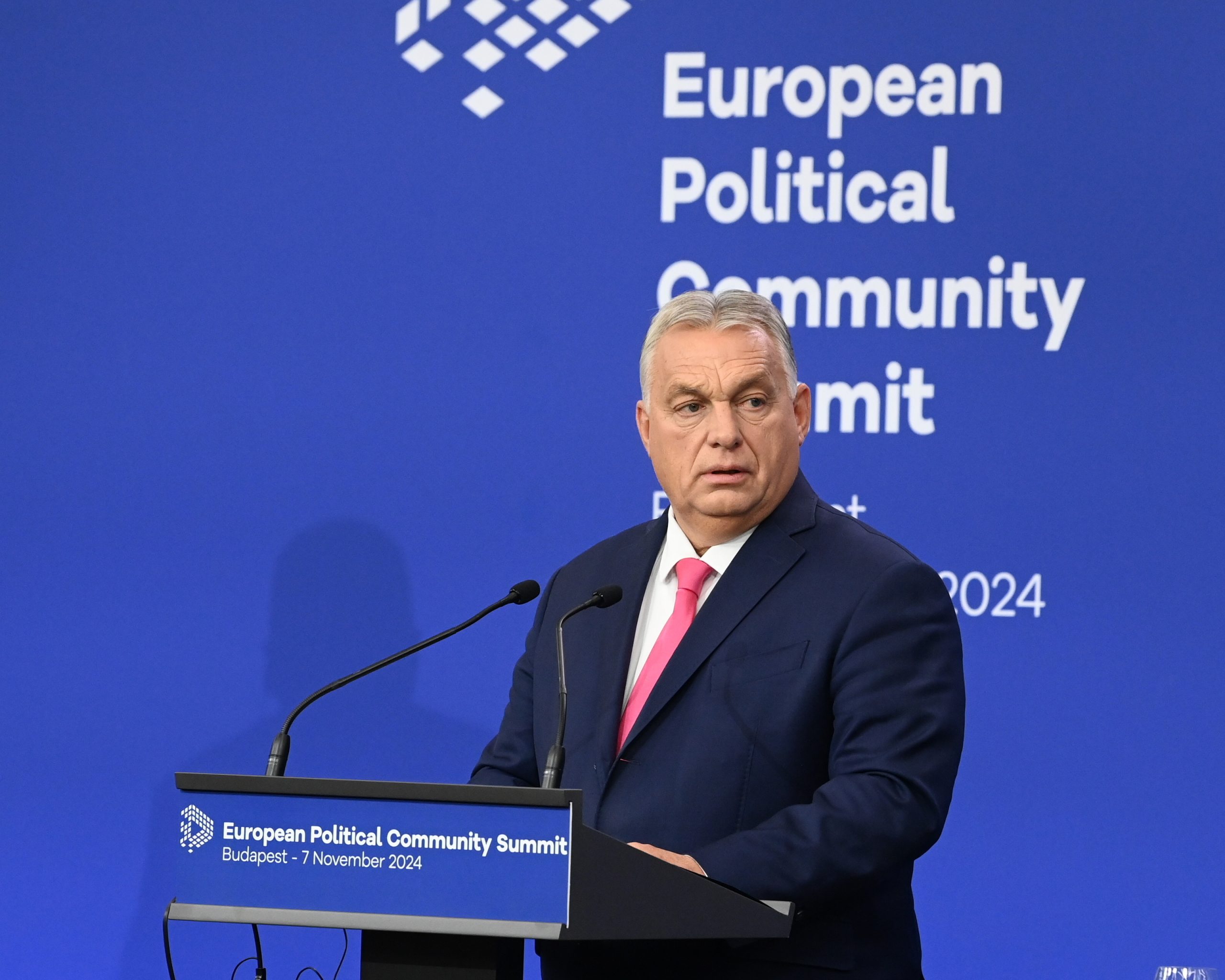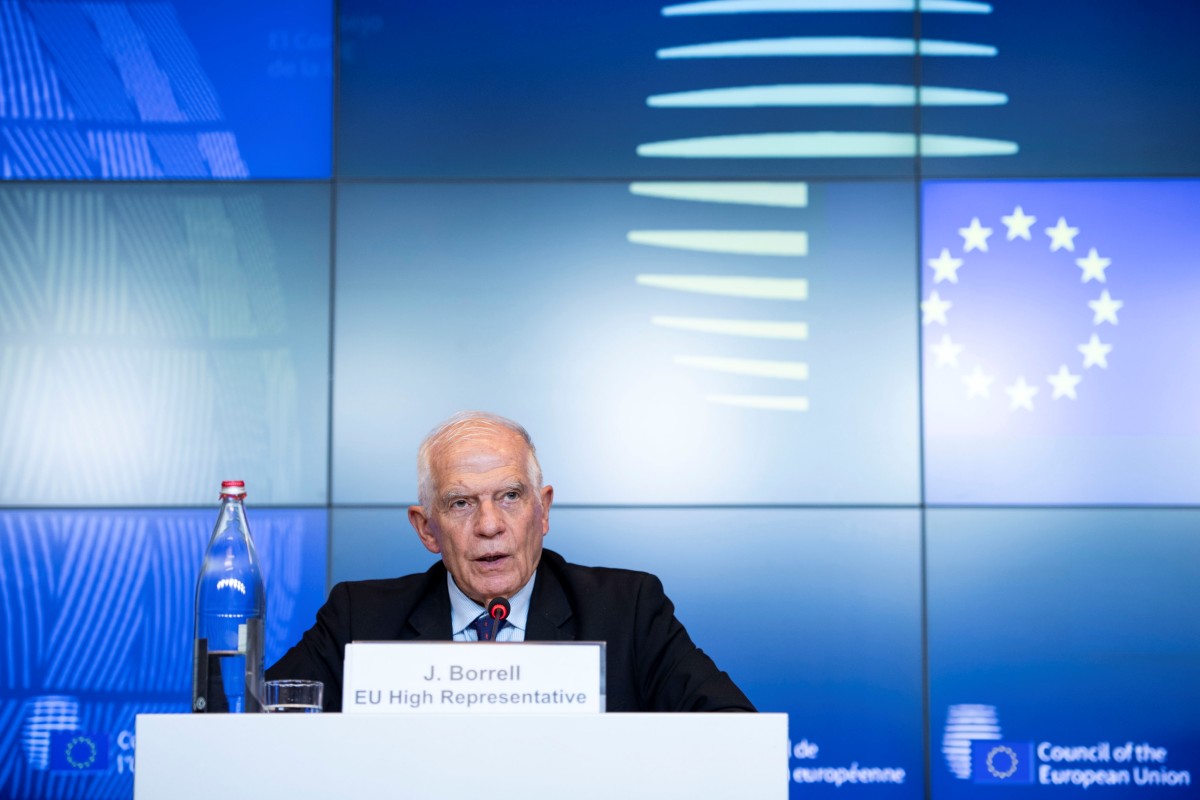
"War or peace, migration or protection, bloc creation or connectivity, subordination or European sovereignty," he listed the issues at stake.Continue reading

Despite apparent pressure from a Ukrainian journalist to describe the Hungarian government as the one undermining European solidarity towards Ukraine, EU High Representative for Foreign Affairs and Security Policy Josep Borrell stressed Hungary’s constructive role in formulating the EU’s policy in an interview with the news portal Evropeiskaya Pravda.
During the interview, the interviewer tried to steer the topic towards the conflict between Viktor Orbán and the EU, asking whether there is unity on Ukraine. In his response, the EU High Representative recalled that for almost three years, as long as Russia’s war against Ukraine has been going on, Hungary has supported all EU sanctions and all decisions to help Ukraine.
We are talking about “[€]122 billion of overall European assistance to Ukraine,” which “would not have been possible without unanimity, and Hungary was part of it,”
stressed the European diplomatic chief.
In addition, Hungary refused to vote in favor of aid through the European Peace Facility (EPF) because the money could be used by Ukraine for armaments. Although the EU’s Foreign Affairs Council in March earmarked a total of €5 billion for a special fund for Ukraine under the EPF, it was only approved with Hungary’s constructive abstention. This means that Hungary will continue to pay into the fund, but will be able to decide how to spend the money.
Asked about funds for Ukraine through the EPF, blocked by Hungary, Borrell said that the EU now has other aid instruments. “The European Peace Facility is the first instrument established in 2022 through which the EU will provide military assistance to Ukraine to develop the potential of the Ukrainian defense industry,” he recalled. He also acknowledged that the use of the EPF requires the consent of all EU Member States. “I cannot guarantee unanimous support for this,” he added.
Hungary’s explicit position is that the EU should not give Ukraine aid that it can then spend on weapons. The Hungarian government believes that this assistance would only prolong the war and delay the possibility of a ceasefire and peace talks.
This view was also supported by Prime Minister Viktor Orbán’s “peace mission” a few months ago, during which he held talks with a number of influential leaders and recently re-elected US President Donald Trump.
Hungary is not alone in taking the position that the war should end as soon as possible. Italian Deputy Premier and Transport Minister Matteo Salvini, for instance, said recently, that
he is confident it will not be necessary to send more arms to Ukraine to fight the Russian forces of invasion after Donald Trump’s victory last week.
When asked about the possibility of the Italian government sending a 10th arms package to Ukraine, Mr. Salvini said: “We have always helped Ukraine and we will always help it as long as it is aid to defend itself, never to attack.” He added, however: “I am counting on Trump’s inauguration bringing peace, and therefore, there will be no need for 11th, 12th, or 13th packages of arms to be sent.”
Matteo Bruni, the Director of the Holy See Press Office, responding to journalists’ questions on Saturday, said that in a recent television interview, the Pope invited all parties to “create the conditions for a diplomatic solution in search of a just and lasting peace.” Referring to every situation of war, the Pope stated: “Negotiations are never a surrender.”
Via Evropeiskaya Pravda, ansa.it, vaticannews.va; Featured image: Photo: MTI/Bodnár Boglárka